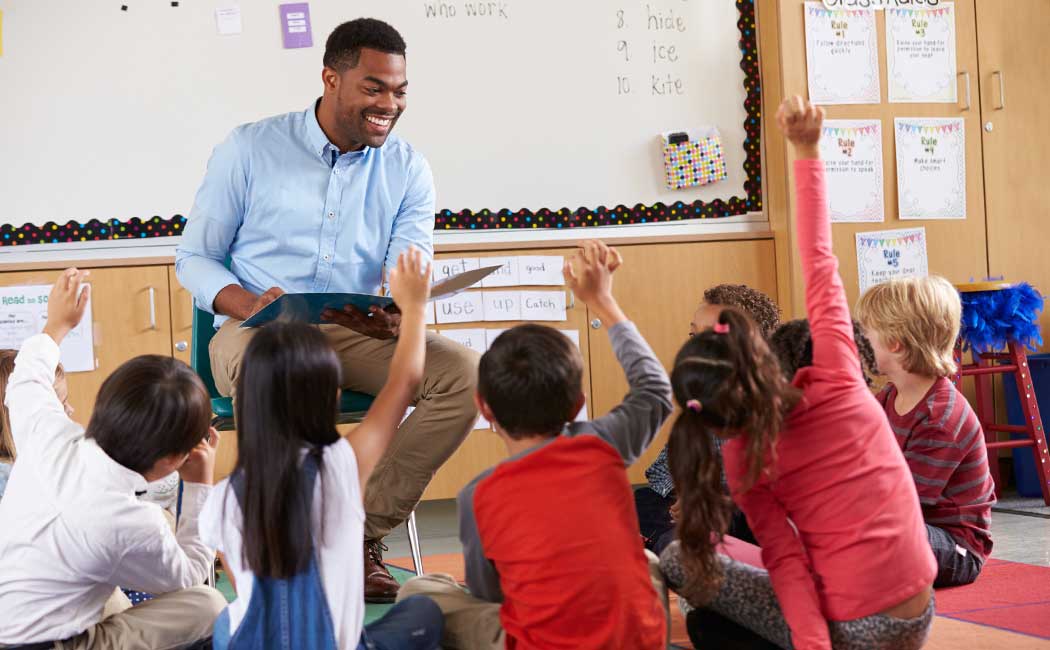
TAPP supports growing need for behavioral services in schools
February 15, 2023
TAPP supports students, families and schools within existing school support systems, such as Multi-tiered Systems of Support (MTSS), Positive Behavioral Interventions and Supports (PBIS) and other models.
Schools across the U.S. are seeing growing demand for student behavioral support services. With ongoing challenges from the COVID-19 pandemic, the need for schools and families to work together is more important than ever. The Teachers and Parents as Partners (TAPP) intervention can help schools partner with families to meet students’ academic and behavioral needs. During the TAPP process, school specialists, like counselors and school psychologists, meet with a student’s parent(s) to find strategies that address challenges that are interfering with their child’s learning.
How does TAPP fit within existing school support systems?
Administrators, school specialists and teachers want the very best for their students — including a range of behavioral services that support learning. However, the thought of introducing a new intervention can be overwhelming. An advantage of TAPP is that it was designed to fit within schools’ existing systems and tiers of intervention, including Multi-tiered Systems of Support (MTSS), Positive Behavioral Interventions and Supports (PBIS) and other support models.
In other words, TAPP adds value to services schools already provide. By focusing on both parent-teacher relationships and student needs, TAPP works to help schools accomplish their goals using a whole-child approach.
How do school specialists guide parents and teachers in the TAPP process?
Throughout the TAPP problem-solving process, school specialists use existing screening tools to identify students’ strengths and prioritize needs. They work with parents and teachers to create a flexible support plan to address students’ academic and behavioral needs. School specialists also guide parents and teachers through simple data collection and data-based decision-making to monitor student progress over time. Like most school support programs, TAPP focuses on teaching students skills they will need throughout their time in school, such as staying on task, getting along with peers, and following expectations at home and school.
What are the benefits to TAPP?
For the past 30 years, researchers have documented significant benefits for children, parents and teachers who use the TAPP model.
Benefits for students include:
- Improved academic behaviors, including active engaged time and compliance.
- Improved social behaviors, including adaptive skills and self-control.
- Reduced problem behaviors, including defiance, teasing and talking back.
- Consistency between home and school environments.
Benefits for teachers include:
- Improved classroom climate.
- Better relationships with parents.
- Enhanced management skills for students with behavioral issues.
Benefits for parents include:
- Improved communication with their child and teachers.
- Frequent updates on how their child is performing in school.
- Meaningful input on classroom goals and strategies.
- Opportunities to use TAPP-inspired strategies with other children.
How can I bring TAPP to my school?
Your school may be eligible to participate in one of our ongoing research projects across the U.S.
We invite all parents, teachers, school specialists and school administrators interested in TAPP to contact our team to learn about opportunities to bring TAPP to your school.
Where can I learn more about TAPP?
For additional information on TAPP, please explore our website, which features research findings, webinars and testimonials from parents and teachers who have participated in TAPP. We also have a handout for school administrators.
We are happy to answer your questions about TAPP and how to get started!

